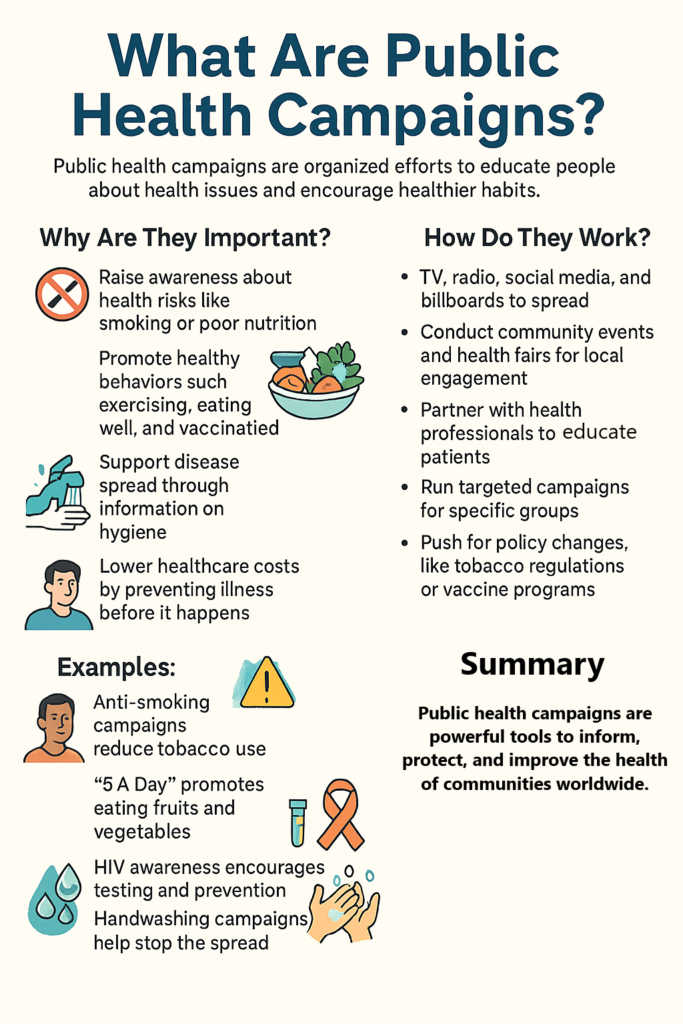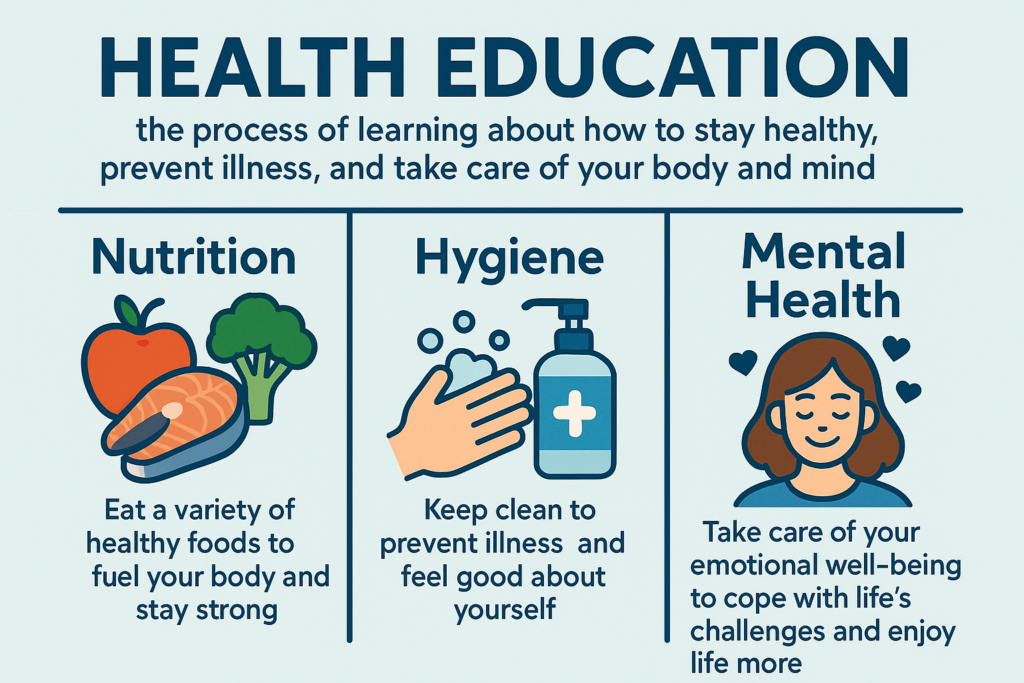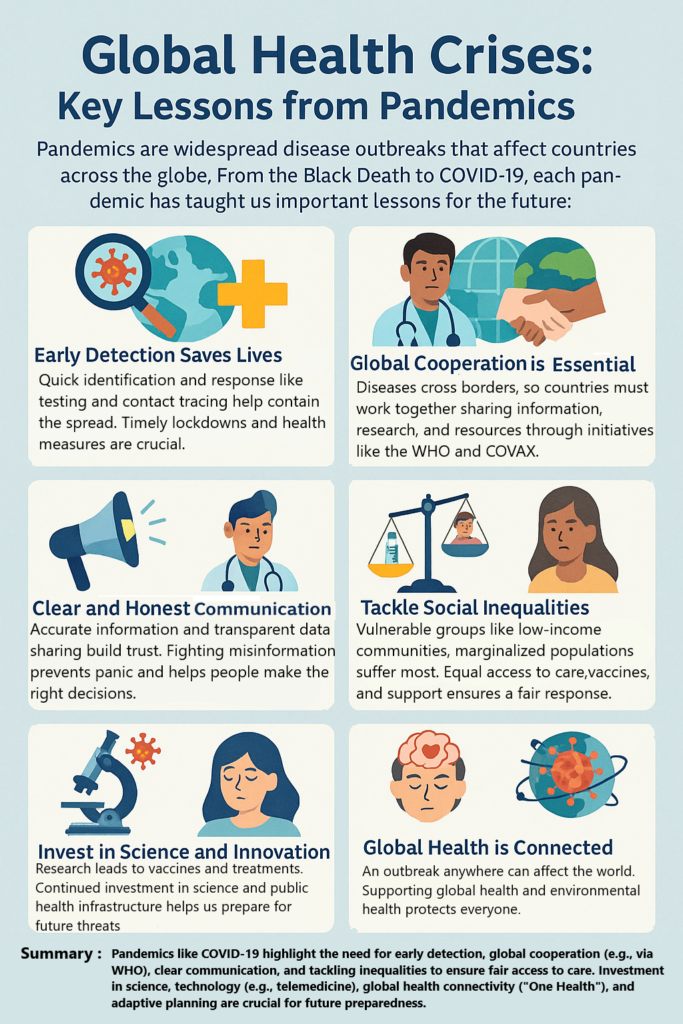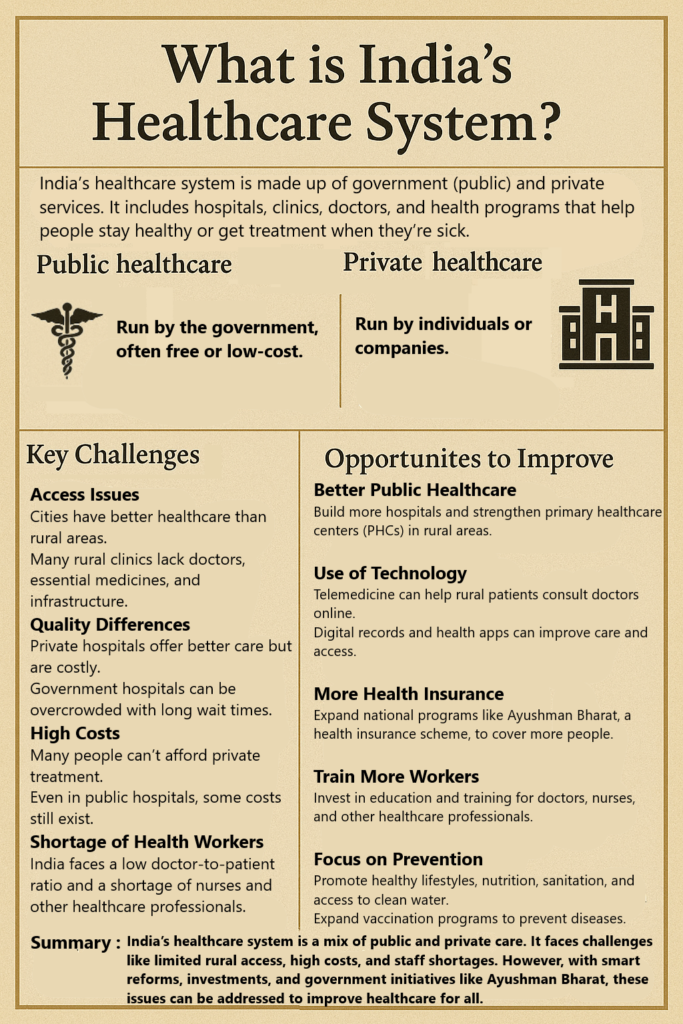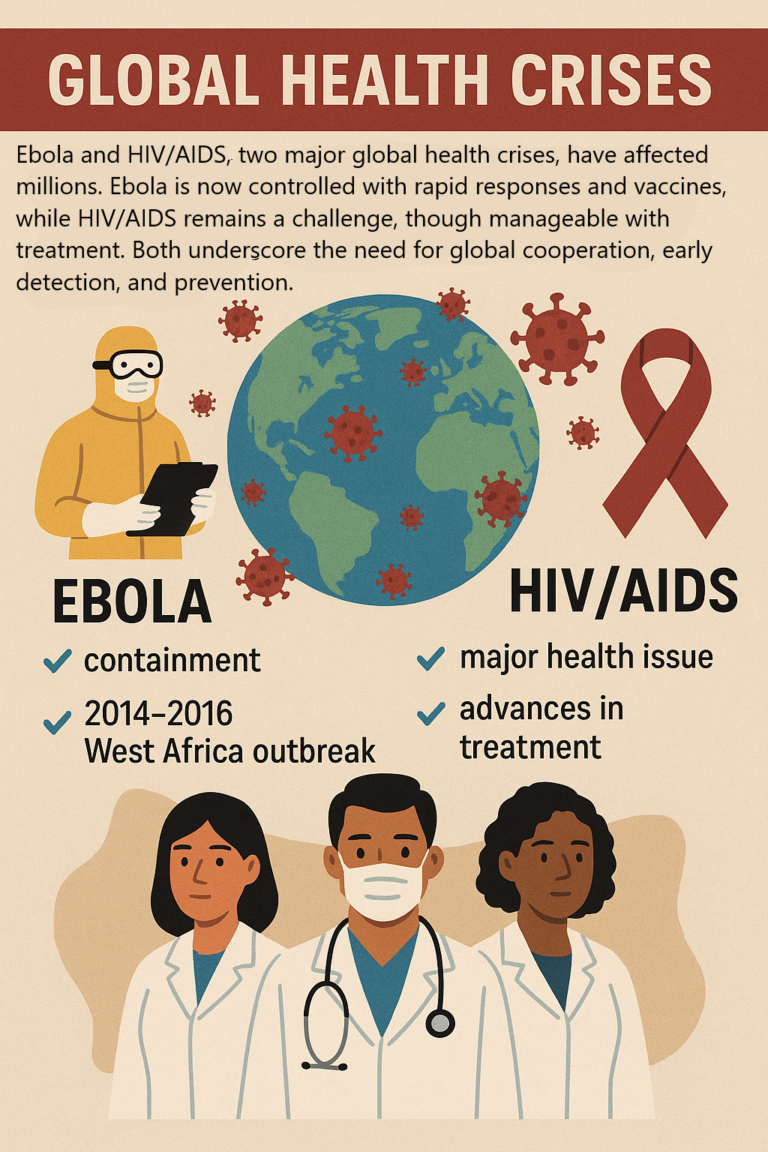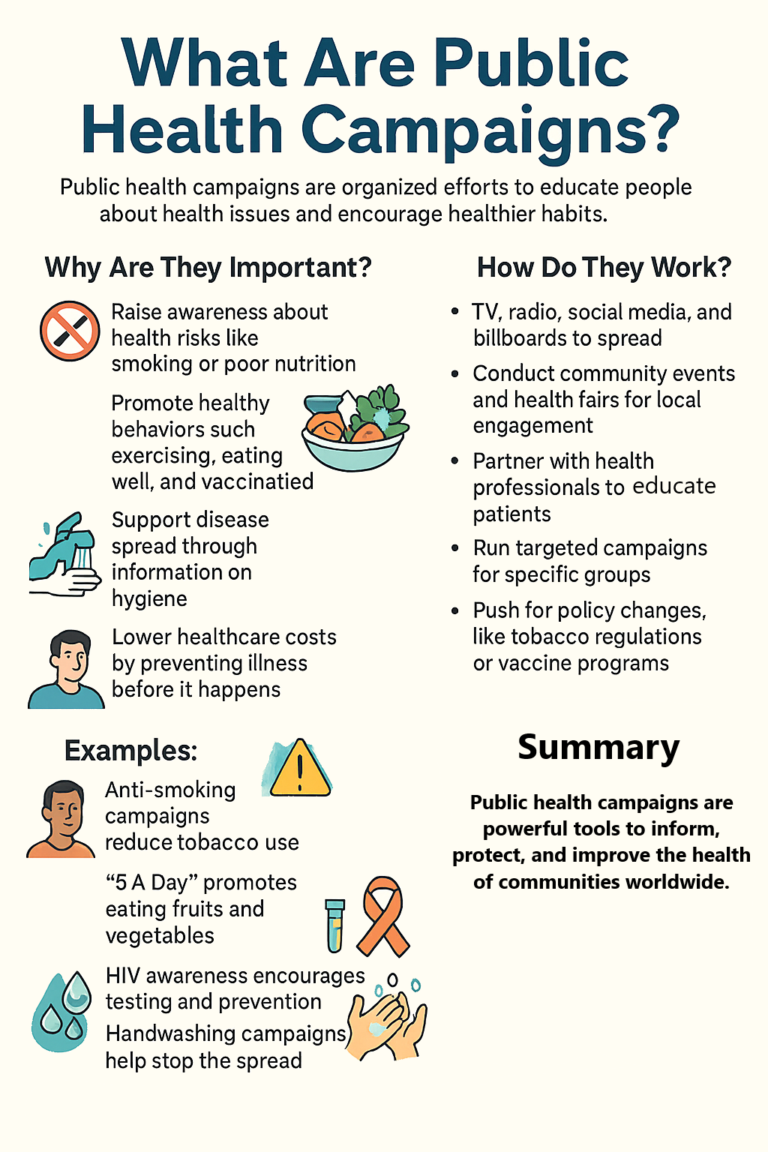What is Mental Health?
Mental health refers to a person’s emotional, psychological, and social well-being. It affects how we think, feel, and act. It also influences how we handle stress, relate to others, and make choices. Good mental health is just as important as physical health, and just like any physical health issue, mental health issues need attention and care.
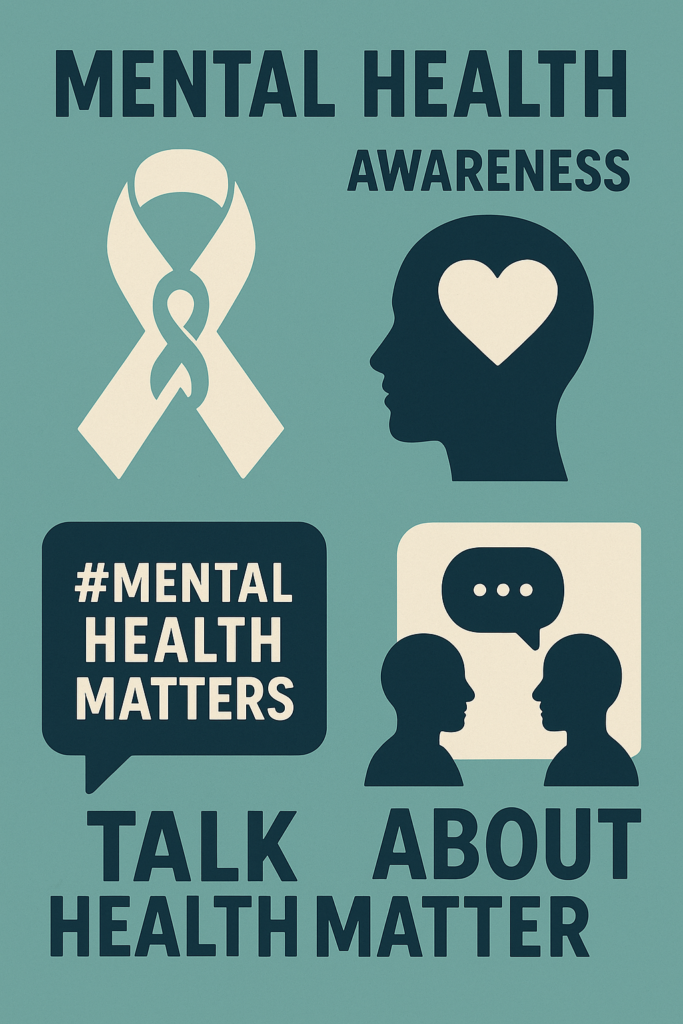
What are Mental Health Awareness Campaigns?
Mental health awareness campaigns are efforts or activities that aim to raise public awareness about the importance of mental health. They focus on educating people about mental health conditions like depression, anxiety, bipolar disorder, and schizophrenia. These campaigns also aim to reduce the stigma around mental health issues and encourage people to seek help when needed.
Why Are Mental Health Awareness Campaigns Important?
- Breaking the Stigma:
- Stigma is a negative attitude or belief towards people with mental health problems. Many people feel embarrassed or ashamed to talk about mental health, which prevents them from getting the help they need.
- Mental health awareness campaigns help break this stigma by encouraging open conversations about mental health. The more people talk about it, the less shame there is around it. This makes it easier for people to seek help when they need it.
- Encouraging People to Seek Help:
- Many people who struggle with mental health issues are afraid to seek help because they feel misunderstood or judged. Awareness campaigns help normalize seeking help and show that it’s okay to not be okay.
- These campaigns promote the idea that mental health professionals, such as counselors, psychologists, and psychiatrists, can help people work through their mental health challenges.
- Improving Public Understanding:
- Mental health awareness campaigns educate the public about different mental health conditions and how they affect people’s daily lives. This knowledge helps people recognize signs of mental health issues in themselves and others.
- For example, if someone feels sad, unmotivated, or anxious for a long time, they might not realize these are symptoms of depression or anxiety. Campaigns can help people identify such signs early and seek help before the condition gets worse.
- Promoting Mental Health Education:
- Awareness campaigns often provide information on how to take care of mental health, just like we care for our physical health. They might teach people ways to manage stress, improve emotional well-being, and maintain a healthy work-life balance.
- Mental health education can include practices like meditation, exercise, and getting enough sleep, which are important for maintaining a healthy mind.
- Supporting Communities and Families:
- Mental health campaigns help families and communities better understand how to support loved ones who might be dealing with mental health issues. Families may not know how to help someone who is struggling with depression or anxiety, and these campaigns can provide them with guidance.
- They can also help people understand how mental health problems affect relationships and work, and how they can create supportive environments.
- Reducing the Impact of Mental Health Issues:
- Many people who have mental health issues don’t get the help they need because they don’t know where to go or how to talk about it. By making mental health services more accessible and acceptable, awareness campaigns reduce the negative impacts of untreated mental health problems, like workplace issues, family problems, and even suicide.
- Encouraging Positive Change in Society:
- When communities are more aware of mental health, they create supportive environments where individuals are more likely to reach out for help. These supportive environments reduce the overall burden of mental health issues on society.
- For example, workplaces and schools might provide mental health resources, offer stress-relief programs, or create safe spaces for people to talk about mental health.
- Reducing Suicide Rates:
- Suicide is often a result of untreated mental health issues like depression, bipolar disorder, or schizophrenia. Mental health awareness campaigns can help reduce suicide rates by encouraging people to speak up when they feel overwhelmed, seek professional help, and find support networks.
How Do Mental Health Awareness Campaigns Work?
- Social Media and Digital Campaigns:
- Social media is a powerful tool for spreading awareness. Platforms like Instagram, Twitter, and Facebook are used to share stories, facts, and videos that educate people about mental health.
- Many campaigns use hashtags like #MentalHealthMatters or #EndTheStigma to get the message out to a wider audience.
- Public Events and Activities:
- Mental health campaigns often host events like walks, rallies, or workshops to engage the public. These events raise awareness, provide resources, and encourage open conversations.
- Schools, offices, and communities may organize events like Mental Health Awareness Weeks to provide support and education.
- Educational Programs:
- Schools, universities, and workplaces often have programs or seminars that teach people how to identify mental health issues, how to manage stress, and where to find professional help.
- These programs may also focus on the importance of self-care, resilience, and how to deal with life challenges in a healthy way.
- Support Hotlines and Websites:
- Many campaigns provide hotlines or websites where people can get confidential advice and counseling. These resources are especially helpful for people who are not ready to talk to family or friends yet.
- Websites also provide mental health screenings and lists of local resources where individuals can get help.
Examples of Successful Mental Health Awareness Campaigns
- World Mental Health Day:
- Every year on October 10, World Mental Health Day is observed globally. Various organizations, including the World Health Organization (WHO), promote the importance of mental health and highlight ways to improve mental health care.
- #BellLetsTalk:
- This is a Canadian campaign created by the Bell Canada company to raise awareness about mental health. Every year, they encourage people to use the hashtag #BellLetsTalk on social media to start conversations about mental health, and for each tweet or post, Bell donates money to mental health initiatives.
- The Semicolon Project:
- The Semicolon Project is a movement that encourages people to share their personal stories of mental health struggles and show support for others. It uses the symbol of a semicolon (;) to represent mental health awareness—symbolizing that a story isn’t over yet, even when things get tough.
Conclusion
Mental health awareness campaigns are essential for promoting mental well-being and encouraging open conversations about mental health. They play a vital role in breaking stigma, helping people seek help, and educating society about the importance of mental health. These campaigns can make a real difference by reducing suicide rates, creating supportive communities, and improving overall quality of life for individuals who may be struggling.
The more people talk about mental health and understand it, the easier it becomes for those in need to reach out and get the support they deserve. Mental health matters, and awareness campaigns are key to making sure that no one suffers in silence.

